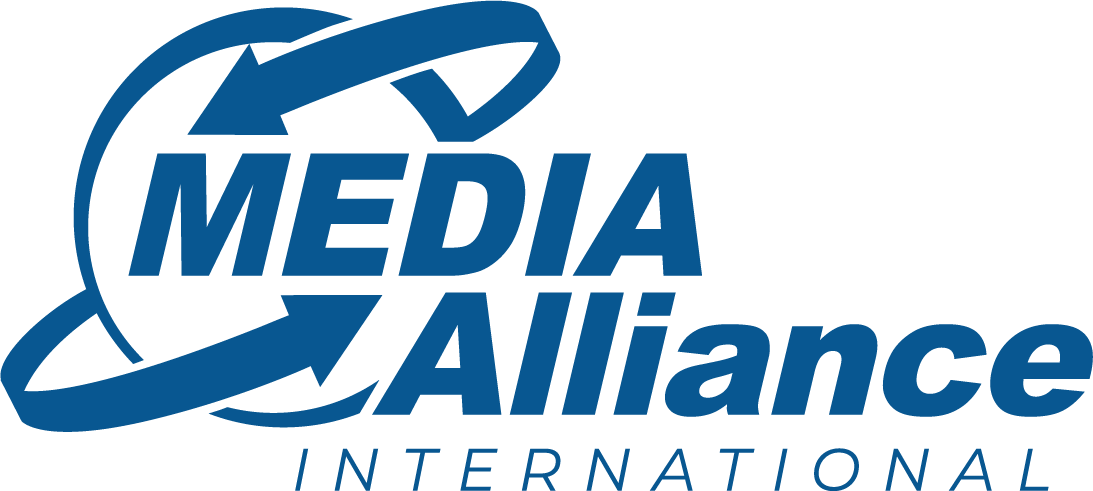The premise for my memoir book I recently published, The Voice Behind You, came from so many people commenting about my voice. While I often mention that it is a gift from God, I know in my heart that I had to work at making it more effective in communicating to listeners. I spent much of my first radio station announcing experience trying to eliminate my natural Texas twang.
A textbook on the voice in broadcasting talks of the value of using your voice well. In a poll of news directors and production leaders, there was an emphasis on the importance of a well-trained voice.
- If you are going to make your living with your voice, you should learn to use your voice effectively. It is as basic as learning how to type….
- Even the most brilliantly written and produced news story can be ruined by a poor delivery or an untrained voice.
- The effect of a broadcaster’s voice is immediate and overpowering. No amount of excellent writing or good on-air presence can compensate for a poor voice.
If you lead or are part of a broadcast ministry, do you evaluate the voices on the air or on the podcast? Do you have the broadcasters check themselves? I often mention that for my 15 years in Christian radio I would record my time on the air each morning. And almost every day I would listen to at least a part of my presentation to see how I could improve it.
Broadcast consultant Valerie Geller, who has helped our MEDIAlliance partners on several occasions, says that our voices need to be able to express emotion, tell stories, and draw in the listener. “Nothing beats the authenticity of the human voice. It is the most powerful communication tool.”
What are some of the tips that will help announcers and speakers better utilize the voice God has given them? Here are some thoughts from voice coach Ann Utterback:
“The best delivery sounds like a conversation with a good friend. I call it “enlarged conversation” because you should be a bit more careful with your articulation, but the general feeling should be one of conversation.”
Utterback also emphasizes the importance of breath control. Standing, breathing deeply using the diaphragm, and speaking above your lowest voice pitch are all things that can help improve the quality of the voice and the overall communication process. Utterback says:
“Breathing is the energy for speech. Not having good breath support is like driving a car with watered-down gasoline. It won’t take you very far.”
Jesus spoke on a hillside to thousands. He taught from a boat to the multitudes on shore. Do you think He spoke clearly and distinctly? Do you think He used the best vocal production needed for His message? Yes, because what He had to say was important. What you say on radio, television, or on your podcast is also important, and often it is critical for the listener to understand the truth of your words and your message. Take time and be sure you and those who are presenters in your ministry are using their best voice to communicate God’s greatest news for our world today.
God’s best…
Related Posts
April 21, 2025
Driving in the slow lane
You are probably not like me. I often have to remind myself when driving on the…
0 Comments4 Minutes
April 14, 2025
How’s your vision?
On occasion, I have noticed my vision becoming blurry. A visit to my optometrist usually…
0 Comments4 Minutes
April 7, 2025
What is God up to?
Do you ever wonder that? What is the Lord doing in your life, your church, in your…
0 Comments3 Minutes





